With revised open letter, BSA officers hope to clarify but maintain focus
An open letter from the Black Students’ Association about racism and intolerance read to the community has been determined to be largely duplicate of a letter from another school, but BSA leaders have taken steps to rectify the situation and say that should not distract from the message they were communicating or derail the conversations that have resulted.
The BSA board said the open letter read in front of the school at the Martin Luther King assembly Jan. 16 was inspired by a February 2019 letter from students at the Collegiate School in New York City. To clarify which parts were written by the students at the Collegiate School, the BSA has released a revised copy indicating certain parts of their letter inspired by the Collegiate School students. A Midway analysis using the Grammarly website indicated 62% of the BSA letter is the same or very similar to the Collegiate School letter.
“We wanted to make sure we gave credit where credit was due — in the revised letter, we wanted to make sure that it was clear that we’re not here to plagiarize and that was never our intention,” BSA President Lea Runesha said. “Even though, yes, in the beginning we said it was inspired by Collegiate Prep, we wanted to make it really clear so that people weren’t getting lost in those mucky details and were missing the actual meaning of what we were trying to say.”
According to BSA board members, their advisers brought the idea of the open letter to the BSA board, but students made every edit to the Collegiate School letter. The BSA students felt the students at the Collegiate School worded the letter very well, and needed little modification.
“My perception is that some of the things we also really strongly agreed with they explained really well,” BSA Vice President Mikaela Ewing said, “and we were thinking if they explained it really well to us as people who experience this every day, it would have the same effect on the Lab community. I think it would be a little redundant for us to try and place it in a better light than they put it.”
While this information had been brought to the attention of some Lab faculty members, one U-High administrator indicated that the BSA officers responded appropriately.
“When there was this realization that people might focus on the fact that they could have been more clear about which parts of it were borrowed, then that was a pretty quick ‘Oh, yeah, let’s fix that,’” Ana Campos, dean of students, said. “There was a realization, it was brought to their attention, and they responded all in pretty quick succession, and that’s it.” What I walk away with is that they have made a correction, which I think is an important point, because what I don’t want is for that to become the story instead of what they were trying to draw attention to. — Ana Campos, Dean of Students
Ms. Campos emphasized that this was uncharted ground, explaining that in her seven years at U-High no club had read a work similar to this one. She added that for events like assemblies, club-sponsored events or Artsfest workshops, remarks would not necessarily be submitted to advisers or administrators for prior review.
“There is some cursory review of, like, outlines or plans or things like that, but I wouldn’t say that there is like a thorough sit down and, like, review every single thing people are planning to do,” she said. “There is always good intent about that, but I don’t know if that’s, in practice, actually happening.”
Ms. Campos indicated that she believed the letter was properly attributed, but students are always welcome to seek additional advice and review.
She said, “Had that information been shared in advance — and I’m not saying that that’s a problem, I want to be really clear, there was no requirement at all to share it with me — but if that happened, maybe there would have been an opportunity to provide some guidance around that.”
Ms. Campos underscored the importance of the letter’s core goals to highlight racism and intolerance.
“But what I walk away with is that they have made a correction, which I think is an important point,” Ms. Campos said, “because what I don’t want is for that to become the story instead of what they were trying to draw attention to.”



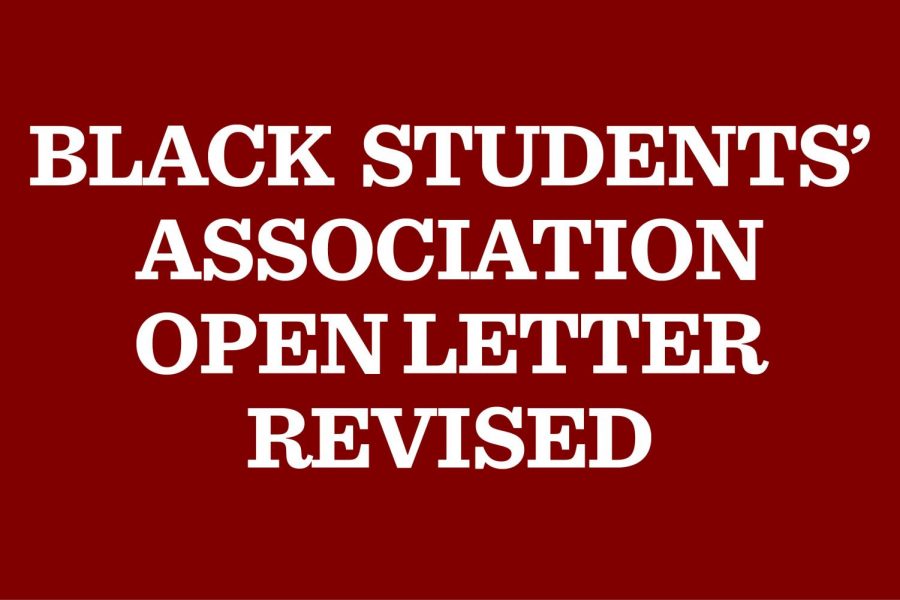
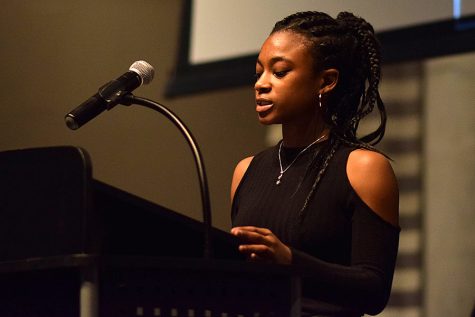



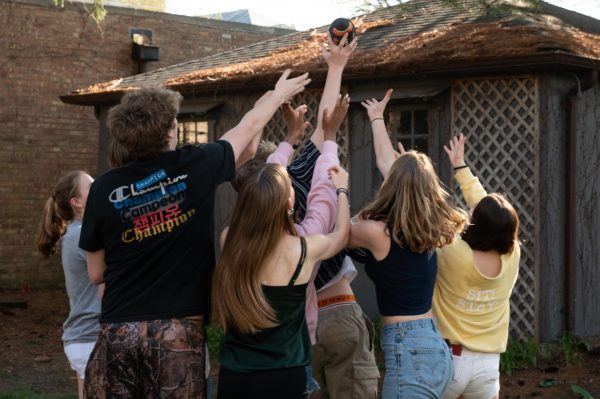
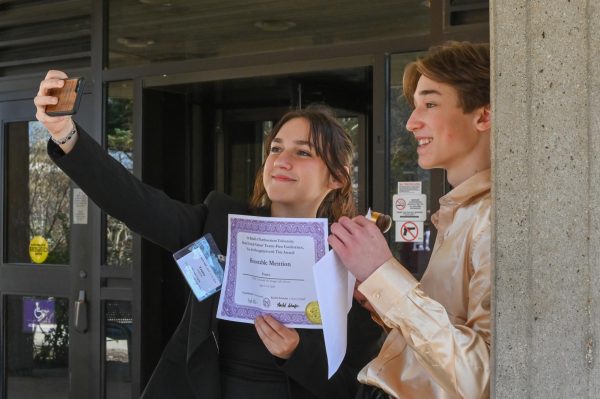
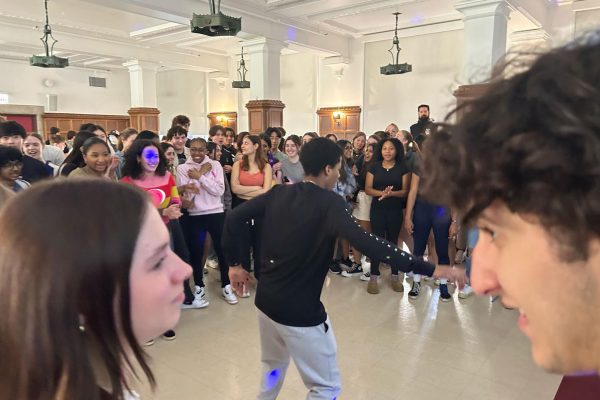

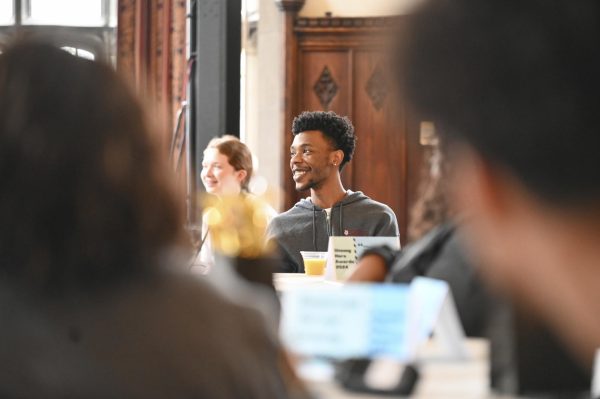
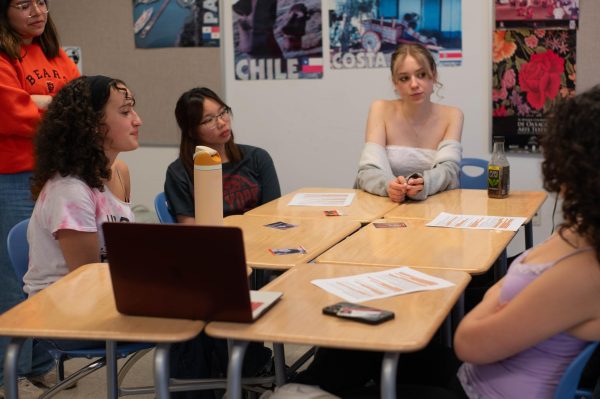
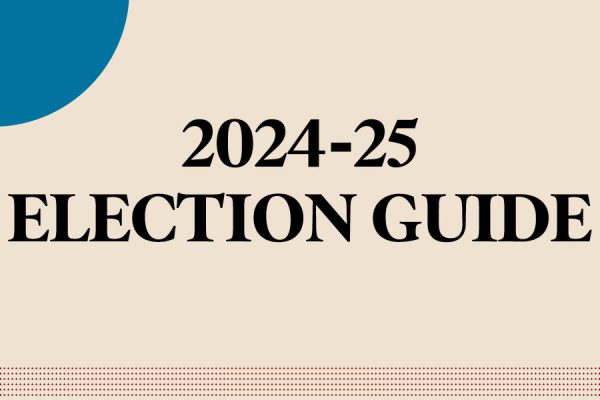

Anon • Jun 6, 2020 at 1:54 pm
It is clear this school does not value academic integrity and condones their students’ clear plagiarism of other students’ work. By stealing the hard work of students of color at Collegiate and passing it off as their own, these students devalue their message and disregard the hard work that went into the letter. Ms. Campos’ dismissal of such wrongdoing, especially at an academic institution, speaks volumes about the lack of values at U-High.